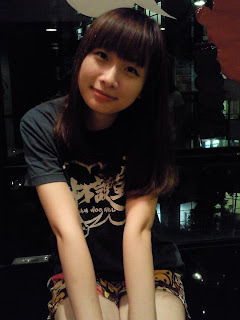What is the primary source of news for you?
For me, I always read newspapers to absorb primary sources in the past. Because of the internet was not well-developed, read of newspaper is the mainly for most citizens to absorb primary sources. Until to 20th century, using of internet is a new trend for us to search different kind of primary sources. Despite of using internet, there is no way for people to communicate with others and engage into different social conduits. For examples, we are not only using Facebook to keep in touch with others, but also searching information by using kinds of searchers and so on. Nowadays, most of us cannot live without internet. It is beneficial to our daily life since the internet is tailor made for non-object news. We could easy to find and synthesize different views.
Do you think that ‘mass media’ will some day be totally replaced by digital media / internet?
Actually, I think that “mass media” will be totally replaced by internet in some day. Since the internet was “word of mouth” in nowadays, any of us could be reporters to report different news. It is convenience that the news could transmit to every websites without any constrains. You could say what you want to say in the internet. So that the roles of media transmitted from specific reporters to the majority of people who using internet. It is good that the internet provides different ways for us to synthesize different views and to find information easily.

